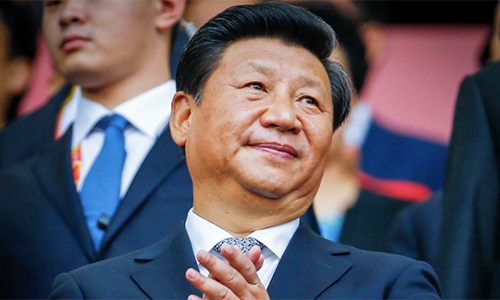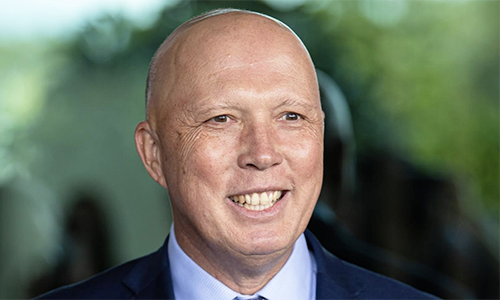
by NAZIYA ALVI RAHMAN – THE Albanese Government’s adoption of key recommendations from the Varghese Review, including the defunding of a prominent Australian think tank known for its critical stance towards Beijing, has sparked controversy.
The Varghese Review is named after Peter Varghese, the former Secretary of the Department of Foreign Affairs and Trade.
- Albanese set to close joint research office in Washington DC.
- Why would Australia downgrade its most important relationship at a pivotal moment in history?
- Closing it now sends the wrong message and weakens our position.
Commissioned by Prime Minister Anthony Albanese, the review aimed to assess how effectively and transparently taxpayer money is being allocated to policy research organisations, think tanks and advisory bodies.
The Government this week accepted most of its recommendations, including restructuring the Australian Strategic Policy Institute’s (ASPI) Board and reviewing funding for the Australian American Leadership Dialogue (AALD).
CONCERN
Senator James Paterson expressed concern over the Albanese government’s response.
He added that cutting funding to ASPI, especially in response to foreign influence, could send a message that research critical of China will not be tolerated.
“ASPI has done globally influential research that has displeased the Chinese Government, including exposing the exploitation and mistreatment of Uyghur people in Xinjiang, research which has been backed by the United Nations and human rights groups, but also research into foreign interference and cyber-attacks in our country,” Senator Paterson said.
“I guess the question for the Albanese Government is, which of that research would you prefer have not taken place?”
ASPI’s analysis has also been critical of Australia’s own defence budget cuts.
Earlier this year, Shadow Defence Minister Andrew Hastie claimed the Albanese Government had overseen $80b in cuts and delays to defence capability, accompanied by a lack of strategy and spending.
“This troubling detail is backed up by ASPI’s report, which confirms Australia needs to spend more on defence – and it needs to do so immediately,” Senator Paterson said.
The Albanese Government has decided to close ASPI’s Washington DC office by the end of the 2024-25 financial year, aligning with a recommendation from the Varghese Review to prioritise foreign policy advocacy through Australian diplomatic channels, namely the Australian Embassy.
This office has long been instrumental in strengthening the relationship between Australia and the US, providing significant access and influence, especially during the Trump administration.
“Closing the office sends the wrong message at a pivotal moment in international relations,” he said.
UNDERMINE
Critics argue that this move could undermine Australia’s ability to influence key decisions in Washington, particularly with vital projects like AUKUS on the line.
With President-Elect Donald Trump set to take office, Paterson questioned the timing of the move.
“Why would we downgrade our most important international relationship when it’s at a pivotal moment in history?” Paterson questioned.
“The ASPI Washington office has played a significant role in maintaining strong ties with the US.
“Closing it now sends the wrong message and weakens our position in key discussions.”
The Varghese Review also called for a significant overhaul of ASPI’s governance structure.
Under the new model, ASPI’s Council will consist of up to eight members: a chair, two nominees from the Defence Minister, two from the Leader of the Opposition and up to three additional members chosen based on a skills matrix.
The Council will also have the authority to appoint the Executive Director in consultation with the Defence Minister.
While the government insists that these changes will enhance ASPI’s independence and ensure its non-partisan research, critics are concerned that the new system could lead to political interference.
Experts warn that subjecting ASPI to a competitive tender process for funding every five years could threaten its financial stability and undermine its ability to challenge government policies freely.
“If ASPI’s funding becomes contingent on competitive tenders, it could undermine their ability to critique government policies or the Department of Defence,” said Paterson.
“Think tanks like ASPI should be allowed to challenge government policies freely without fear of losing funding.”
The Albanese Government is also reviewing funding for the Australian American Leadership Dialogue (AALD) once its current grant ends in 2027-28.
Future funding will depend on contributions from the US government and the private sector.
For over three decades, the AALD has played a crucial role in fostering diplomatic and strategic ties between the two nations.
Critics warn that changes to AALD’s funding structure could harm the longstanding relationship between Australia and the US.
The government’s decision to review the funding and make future support contingent on private and foreign contributions raises concerns about the sustainability of this vital dialogue.PC











